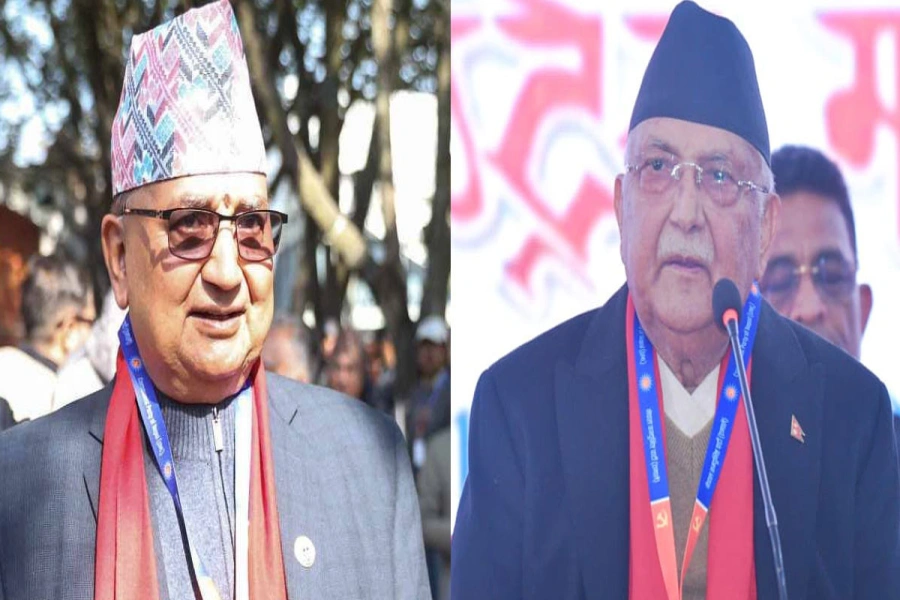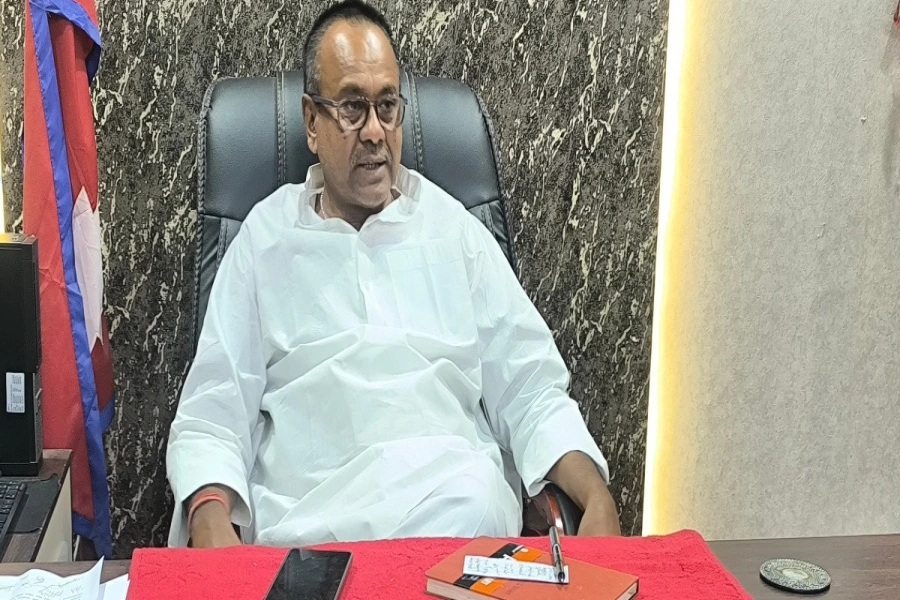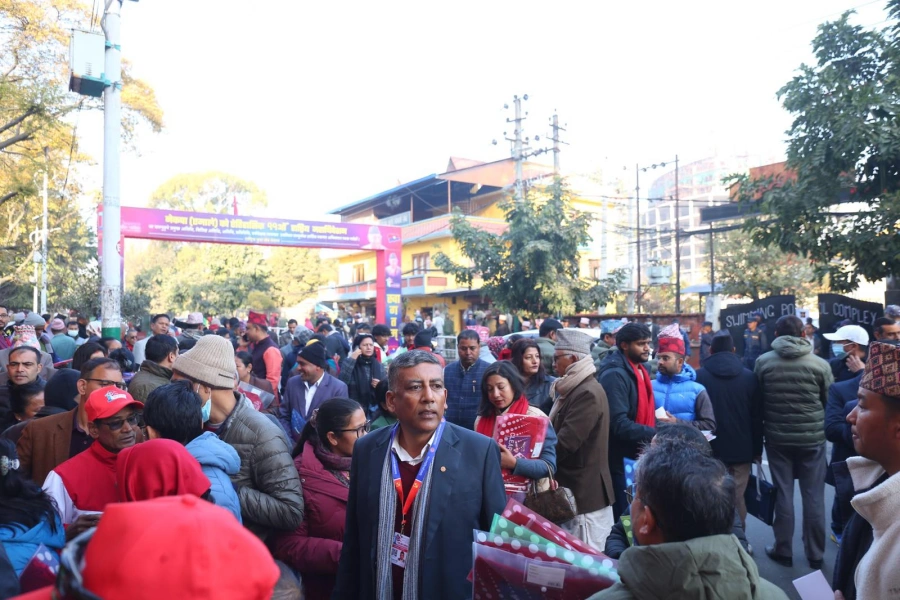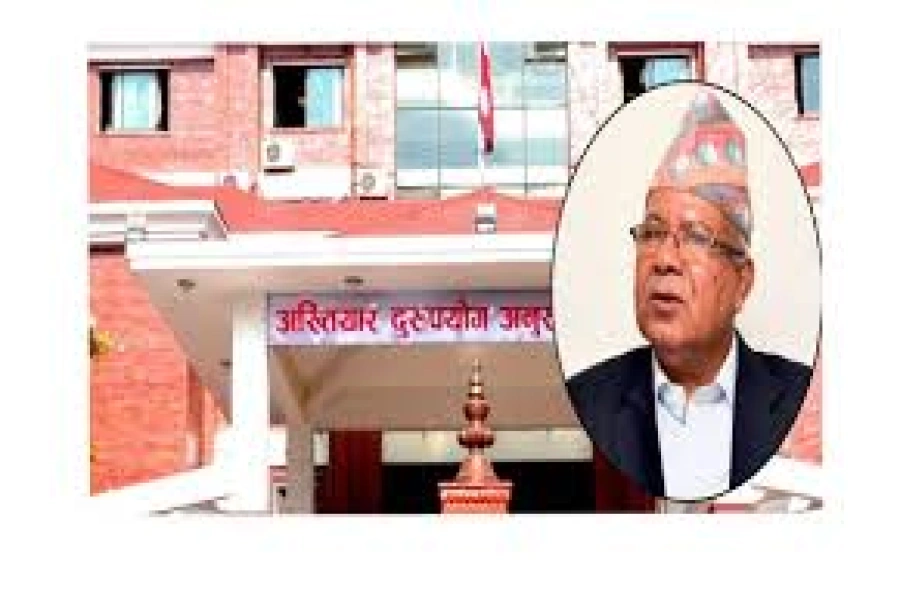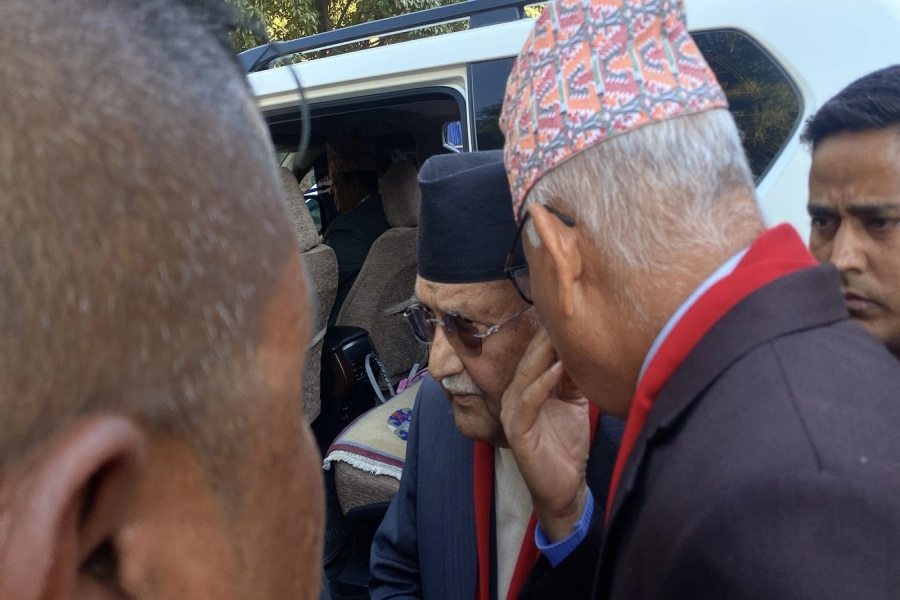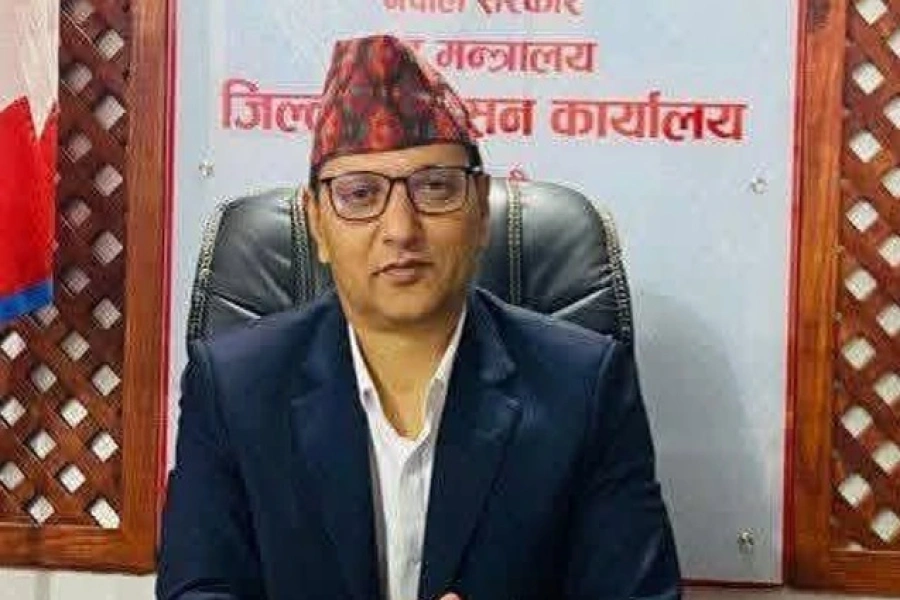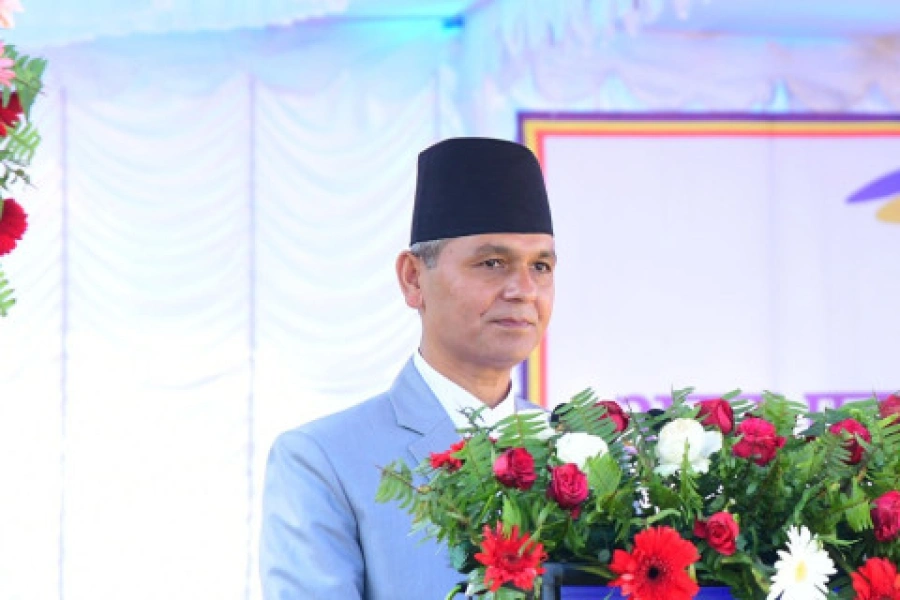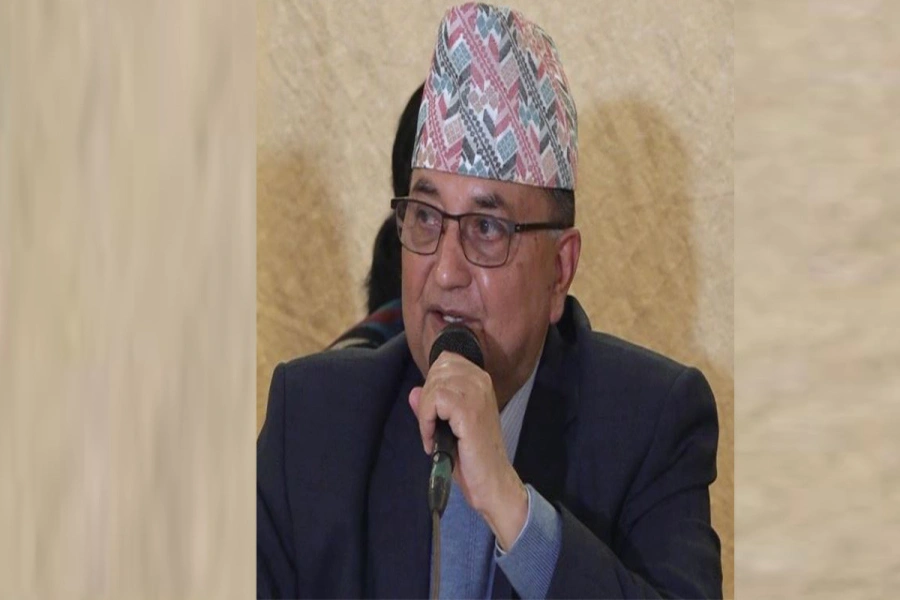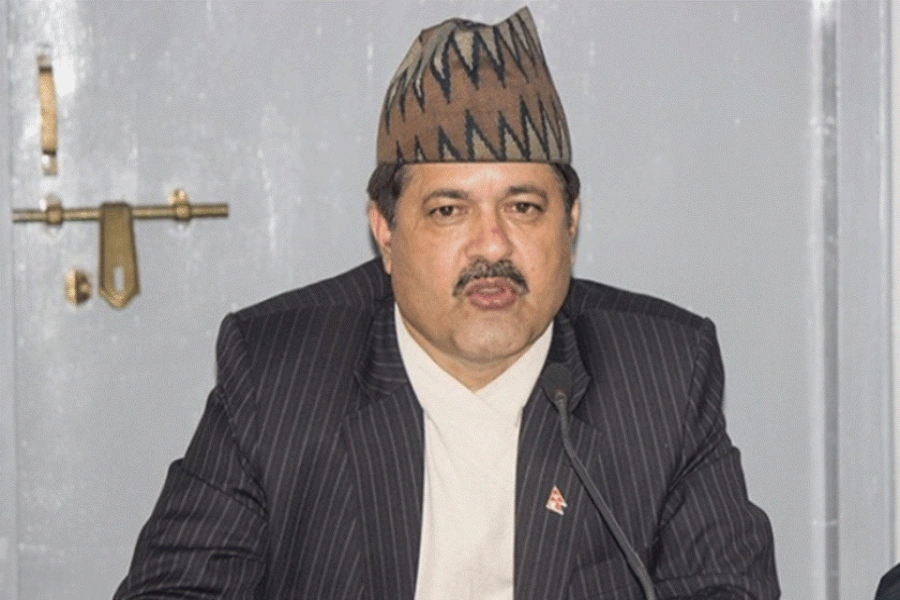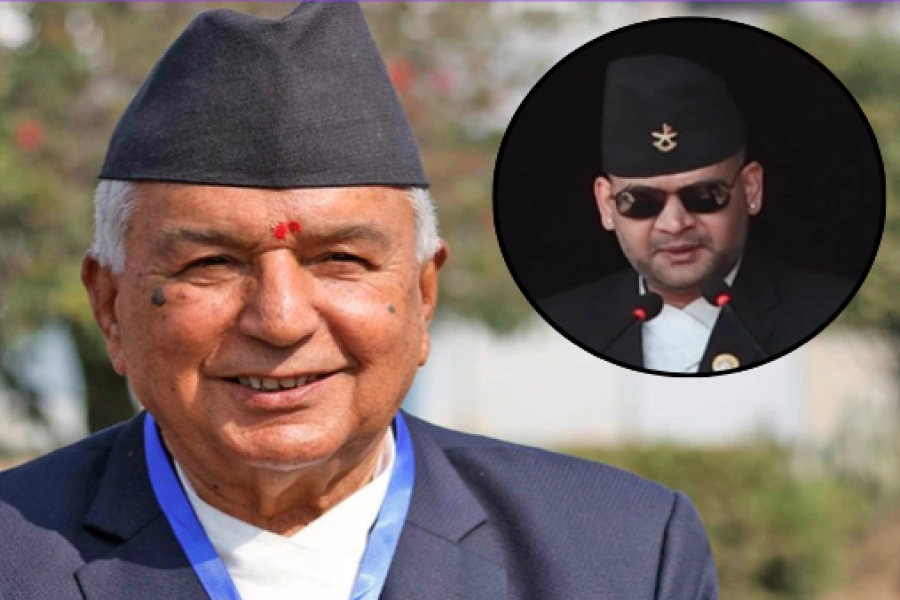India's reported refusal to provide a subsidy of approximately Rs 17 billion for the construction of two petroleum pipelines and a fuel storage facility, as previously agreed between the two countries, has lately drawn media headlines. The agreement reached last May with the Government of India involved the Indian Oil Corporation (IOC), a government-owned entity, which has now hesitated to proceed with the project with subsidies. Despite extensive discussions between officials of the Nepal Oil Corporation (NOC) and IOC, the project has hit a roadblock due to IOC's reluctance to offer the promised grant. The agreement stipulated the construction of the Amlekhgunj-Chitwan Petroleum Pipeline, Siliguri-Jhapa Petroleum Pipeline, and a Greenfield Terminal at Charali in Jhapa, all to be undertaken by IOC with subsidies. Additionally, plans included the construction of a Greenfield terminal at Lothar in Chitwan, funded by NOC with technical support from IOC. While the refusal to carry out the project with a grant element by the Indian side has become an issue lately, we question the rationale behind proceeding with the pipeline projects altogether. It is our firm belief that Nepal should reconsider its priorities, shifting focus towards promoting electric vehicles (EVs) and developing necessary infrastructure such as charging stations in strategic locations across the country.
A joint venture agreement between the governments of Nepal and India, signed during Prime Minister Pushpa Kamal Dahal's visit to India in May last year, laid the groundwork for the construction of two pipelines and a Greenfield terminal, with subsidies from IOC. During the signing ceremony attended by Prime Minister Dahal and his Indian counterpart Narendra Modi, then-Industry, Commerce, and Supply Minister Ramesh Rijal and Indian Petroleum Minister Hardeep Singh Puri formalized the agreement. Initially, the Indian side committed to funding the project with a grant, responding to Nepal's stance that the project's progression hinged on such financial support. However, the issue has resurfaced with IOC officials now proposing that NOC shoulder the financial burden for the next 10 to 25 years. This impasse emerged after NOC officials insisted on the necessity of subsidies for the project's implementation. The NOC has maintained that IOC should construct it with a subsidy as agreed earlier as the latter has suggested NOC to determine the payment period, proposing a per-liter payment scheme.
Petroleum pipeline to be built with an investment of INR 17 bil...

A joint study conducted by IOC and NOC in 2020 estimated the construction costs of the Amlekhgunj-Chitwan and Siliguri-Jhapa petroleum pipelines at approximately Rs 4.38 billion and Rs 4.6 billion, respectively, with an additional Rs 8.3 billion earmarked for the Greenfield terminal at Charali in Jhapa. These projects were slated for IOC investment, alongside the Greenfield terminal in Lothar, Chitwan, to be funded by NOC at an estimated cost of Rs 9.88 billion. However, it's important to note that these costs may escalate further now. Allocating such substantial funds for pipeline and storage facility construction appears incongruous, given Nepal's commitment to achieving carbon neutrality by 2045, alongside promoting alternative energy sources such as EVs.
The state-owned NOC already operates storage facilities strategically positioned across the country, receiving petroleum products from IOC's depots near the border. Given the efficacy of these existing oil depots in meeting domestic demand through their supply network, investing heavily in new petroleum pipelines and storage facilities seems redundant. Instead, Nepal should pivot towards incentivizing EV adoption and reducing reliance on petroleum products wherever feasible. This shift necessitates investment in EV charging infrastructure nationwide. By doing so, existing infrastructures could readily support domestic petroleum product needs. We urge both governments to reconsider their plans regarding petroleum pipelines and prioritize the development of EV infrastructure to mitigate carbon emissions and foster a green economy.



